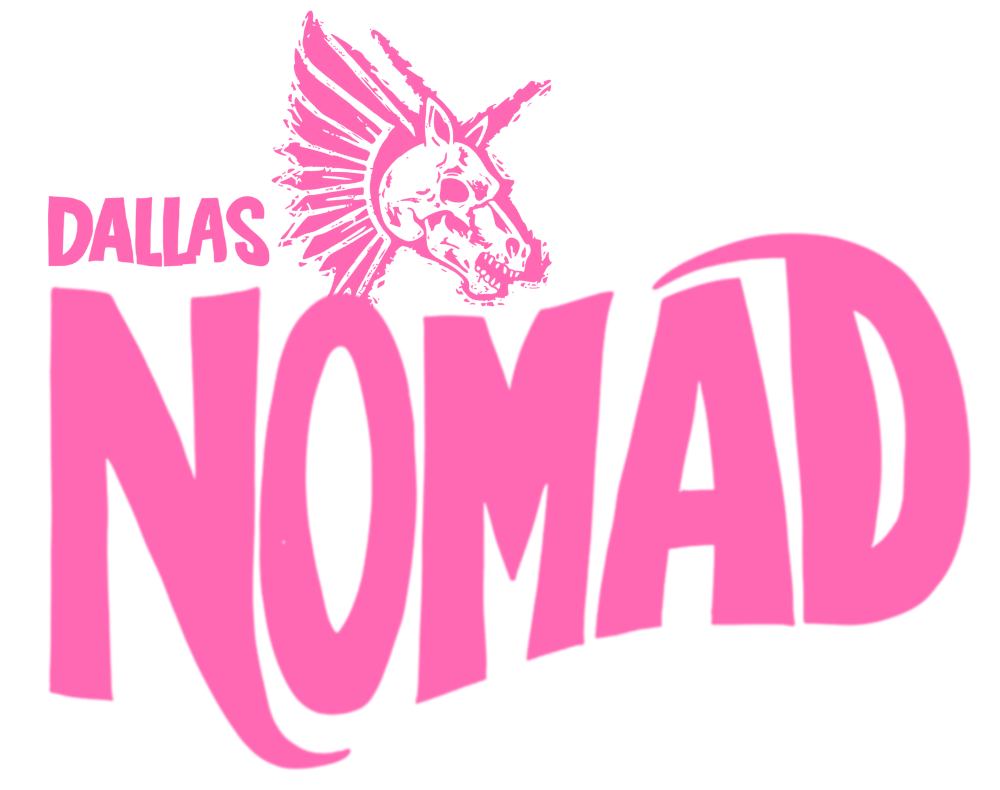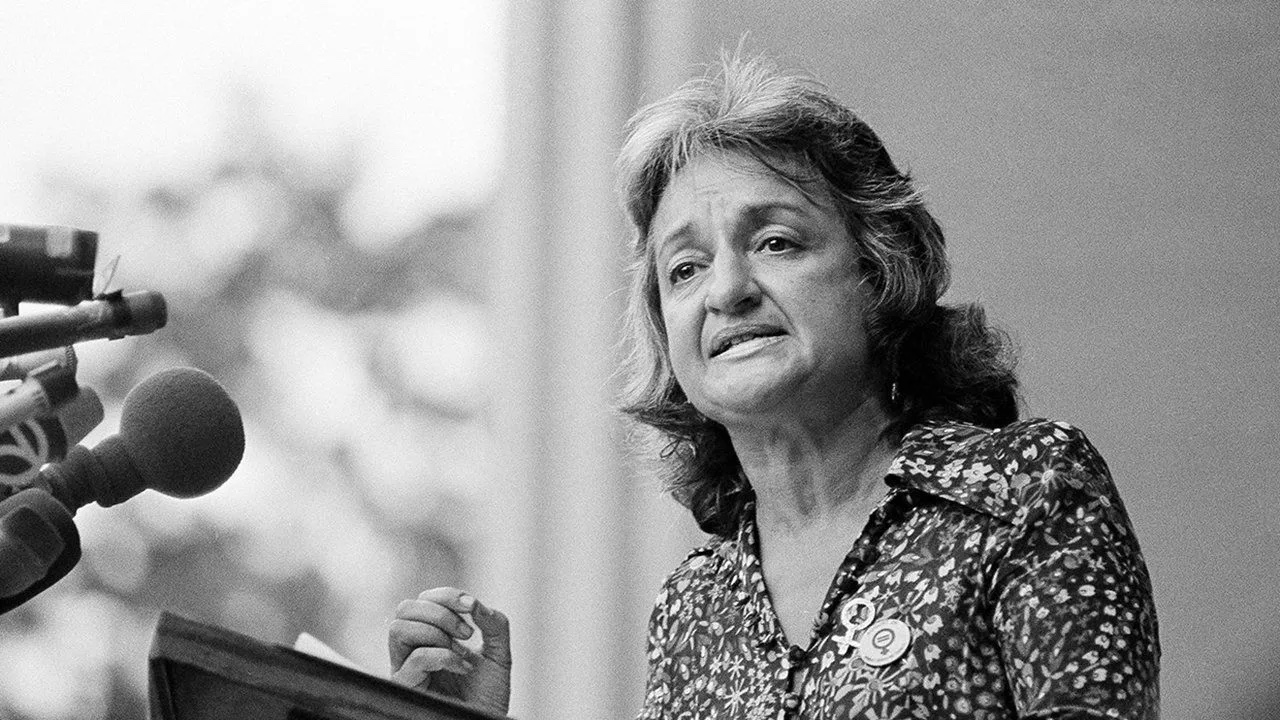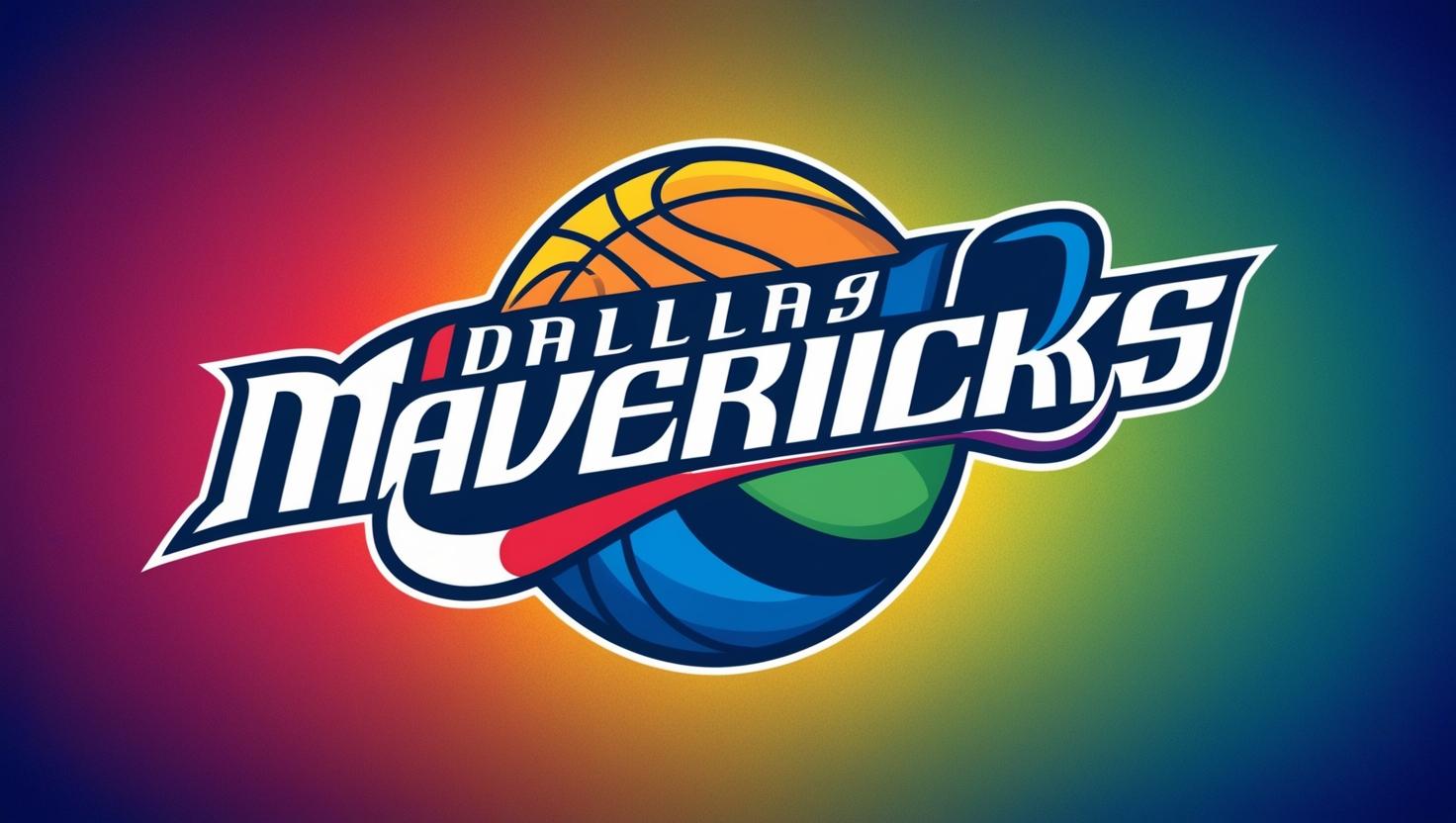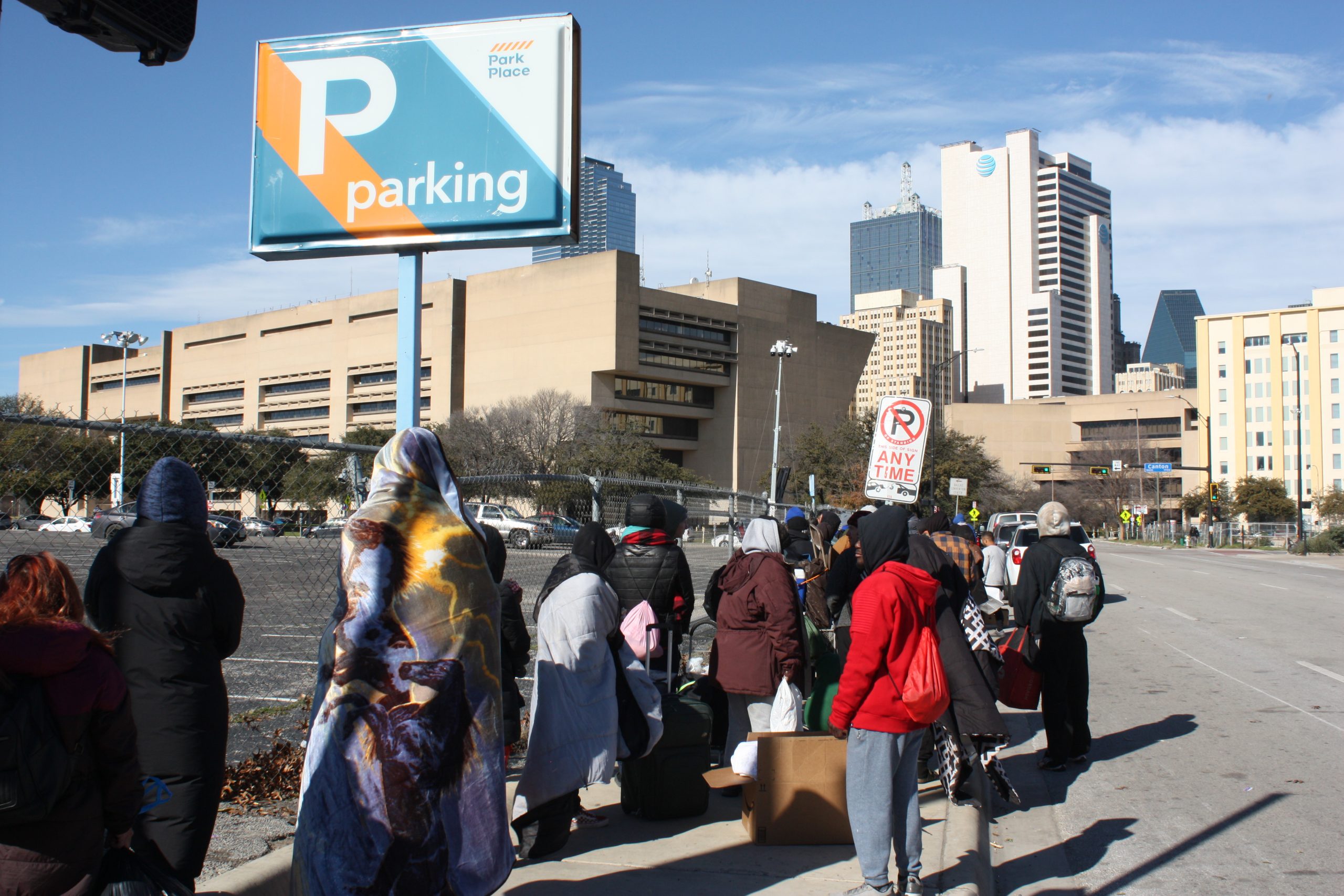SERUN Foundation on Providing Community Infrastructure
The S.E.R.U.N Foundation intervenes with housing remediation and code violations assistance when the City of Dallas won't.
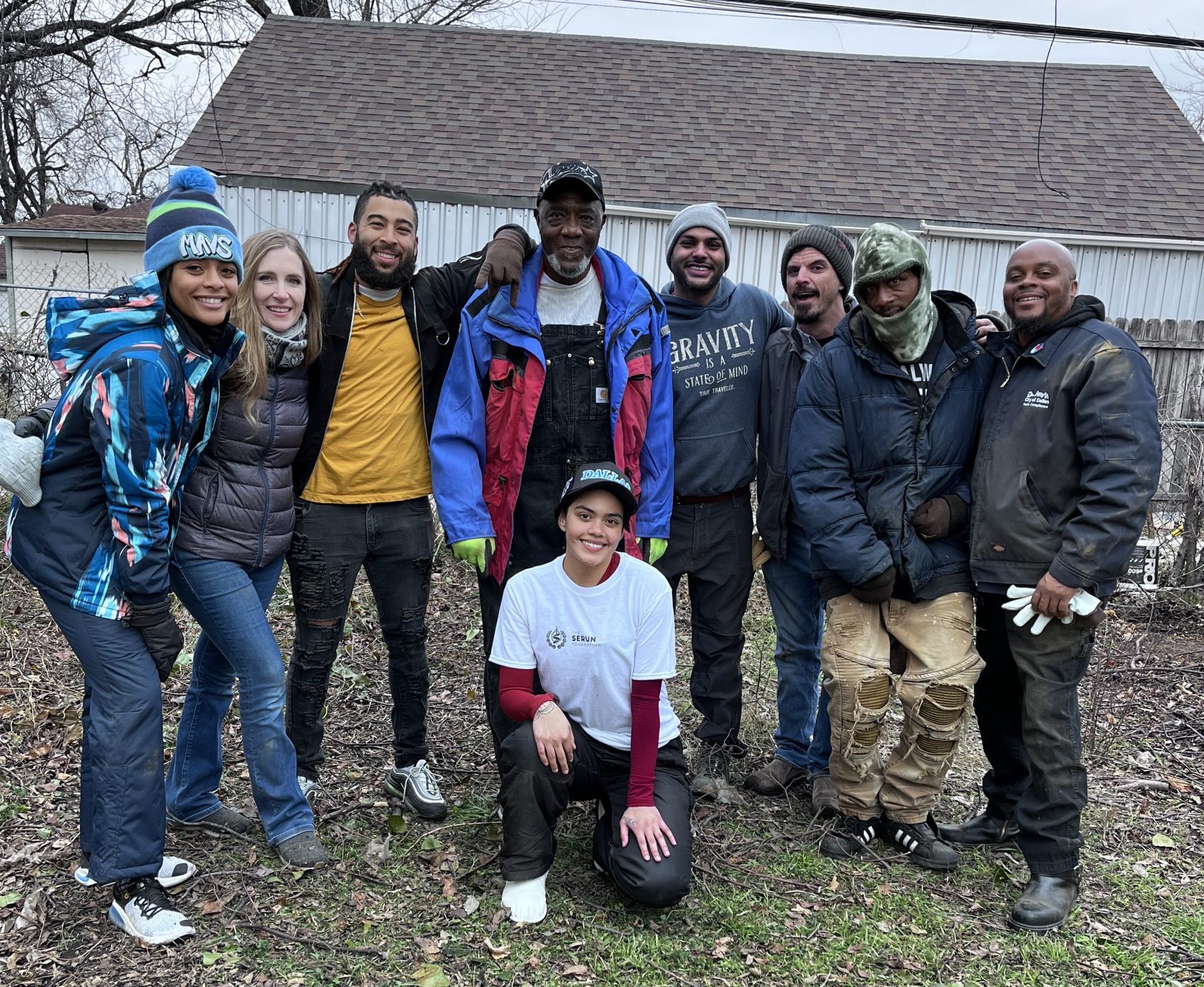
A single-story brickstone home sits on a street in Pleasant Grove piled with bulks of trash and inanimate objects in the front yard owned by an elderly Black man named Mr. Walker who is diabetic and had half his foot amputated.
Mr. Walker is one of 15 Dallas residents the SERUN Foundation, which stands for Socioeconomic Revitalization of Urban Neighborhoods, has assisted as part of its ‘Get Up 2 Code’ program to intervene when residents are cited by the city for code violations, and the threat of a property lien on a resident’s home.
The foundation was established after the 2021 Dallas City Council election cycle when O’Neil Hesson, the President and Founder, worked on Calvin Johnson’s campaign who ran for City Council District 7. Hesson questioned why civic engagement in South and Southeast Dallas was low.
“That idea came out of wanting to be able to create a program,” he said. “Wanting to be able to create a movement really to galvanize the community and increase civic engagement.”
SERUN’s initial focus was environmental cleanups through the ‘Clean the Block’ initiative and has evolved into housing remediation and code violation assistance to raise awareness on the reasons for displacement. The foundation has conducted approximately 39 cleanups and removed over 70,000 pounds of trash with their first cleanup taking place in June of 2021 in South Dallas with about 35 volunteers.
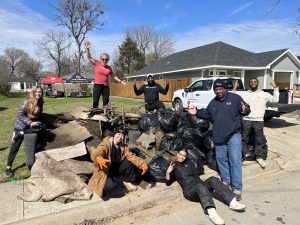
“The last thing we want is for people to leave the neighborhood, because the strength is in the people,” said Sisi Encarnacion, the Director of Community Outreach for SERUN.
The most common code violation Hesson and Encarnacion have remediated is illegal outside storage, which is one of the top 10 code violations classified by Dallas’ Code Compliance Department.
In the case of Ms. Barbara, an Oak Cliff resident and foster parent, the foundation removed a tree that crashed into her home with the help of volunteers and electric chainsaws.
“A lot of times it’s not addressed because people in our neighborhood don’t have that disposable income to just pay a contractor to fix their roof, or to redo the drywall because it has mold,” Encarnacion said.
An ongoing remediation case the foundation has required several days of assistance is Ms. Ruthie’s home, a South Dallas resident whose home was partially damaged in a house fire and needed help to purge an excessive amount of trash and junk to allow for a restoration team to make necessary repairs.
“The inside of her house is unlivable. We can’t allow an elder in the community to live in a house that’s literally infested with rats and mold, and is literally structurally unstable,” Encarnacion said. “So if someone doesn’t intervene in those situations, then that’s a loss to the neighborhood.”
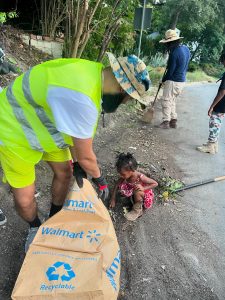
SERUN primarily assists elderly and disabled residents, and has not been able to provide intervention for remediation that requires hefty costs or a lawyer. In one instance, the foundation was able to fundraise for a resident’s bathroom remodel in collaboration with a locally-owned business who offered affordable rates. Oftentimes, they rely on volunteers with trailers or trucks, and Community Courts on a case-by-case basis , to haul bulk trash.
“It’s not necessarily because people are just living in squalor,” Hesson said. “It’s because these homes are old. If you have a house that’s 20 to 30 years old, and you don’t make a ton of money, the dilapidation of your property is going to start affecting it.”
The Dallas City Code states a penalty for a code violation cannot exceed $2,000 with the minimum set at $50. If a property owner fails to pay the fine or remedy the violation, a lien is placed on the property, meaning the city claims the right to the resident’s property until the debt has been repaid.
“The city exploits that because they are looking for properties to go into their land back program where they take foreclosed properties and they sell it really cheap to developers, or they sit on the property and don’t even keep it up to code themselves,” Encarnacion said.
The Urban Land Back Demonstration Program administered by the Dallas Housing Acquisition and Development Corporation and enacted by the Texas Local Government Code allows a city to obtain properties and sell at less than market value on foreclosed or poorly conditioned properties.
Under the Compliance and Lien Portfolio division, a property owner can apply for a lien release on their property, but the process takes about 30 business days to complete.
Hesson emphasized he intends to expand the foundation’s model beyond District 7 to all City Council districts, and even nationally through capacity building and partnerships to create self-sustainable neighborhoods.
